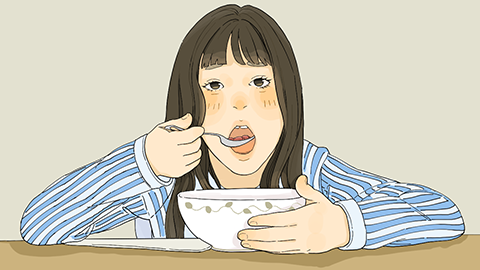Can eating small, frequent meals prevent urine ketones 3+?
Generally speaking, eating smaller meals more frequently can help prevent the occurrence of urine ketone 3+ to some extent, but this is not absolute. When urine ketone 3+ appears, it is recommended that patients seek medical attention promptly for further examinations to determine the underlying cause, and receive targeted treatment under a doctor's guidance. The analysis is as follows:

The presence of urine ketone 3+ is associated with long-term malnutrition or starvation. When the body lacks sufficient energy supply over an extended period, it begins to break down fat to provide energy, resulting in the production of large amounts of ketones. Eating smaller meals more frequently involves dividing daily food intake into smaller portions consumed more often, helping maintain stable blood glucose levels, avoiding hypoglycemia caused by hunger, and thus keeping blood sugar within the normal range.
However, even with this eating pattern, diabetic patients may still develop hyperglycemia and ketoacidosis, leading to urine ketone 3+, if insulin dosage is not appropriately adjusted. At this point, dietary modifications alone may not effectively prevent urine ketone 3+; drug therapy and blood glucose monitoring must also be implemented.
In daily life, it is important to maintain good lifestyle habits, engage in moderate physical activity, and avoid excessive fatigue in order to keep blood glucose levels stable.










